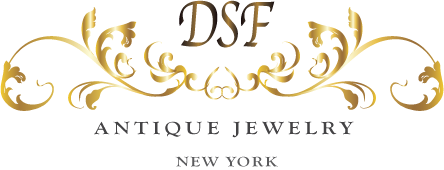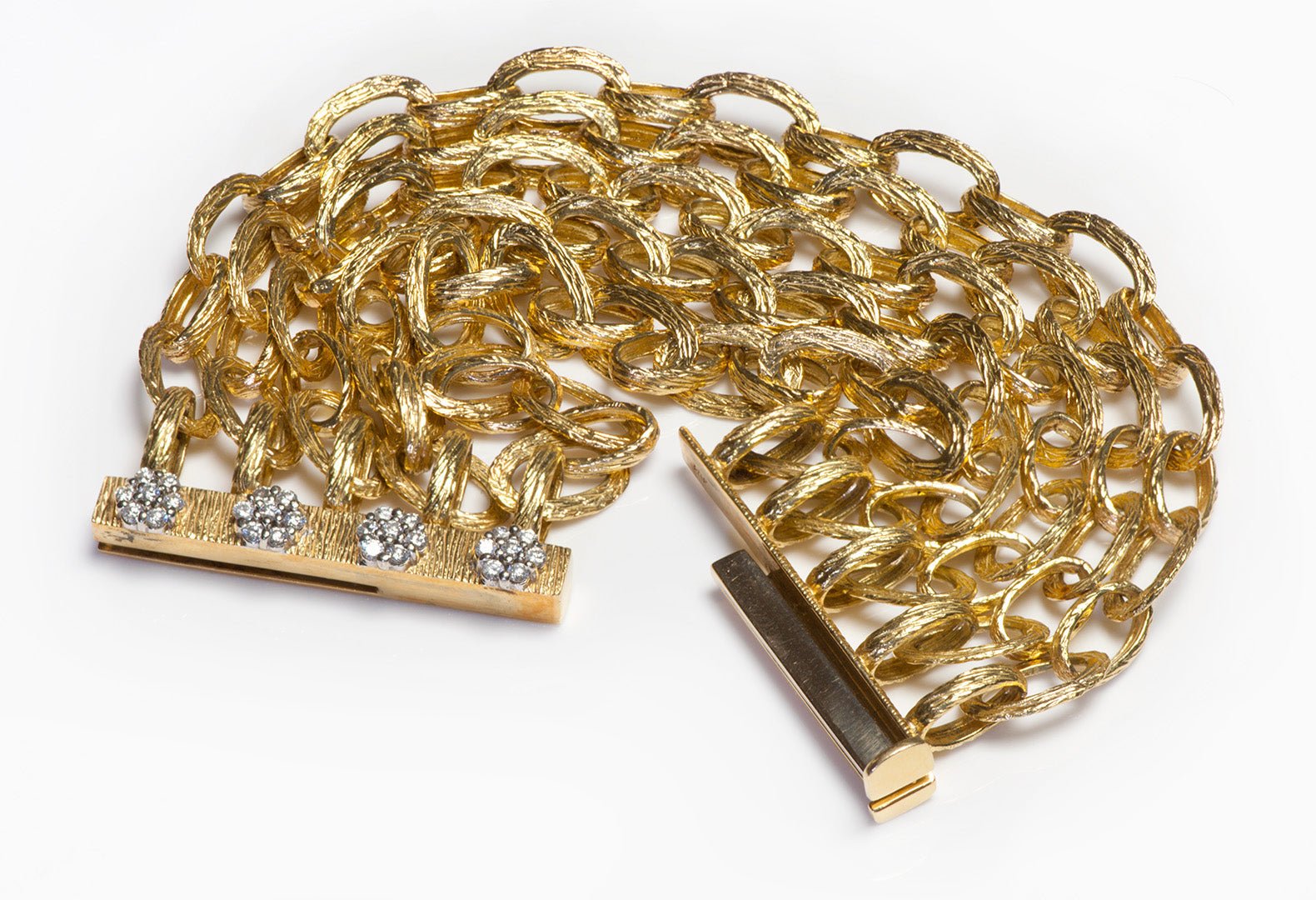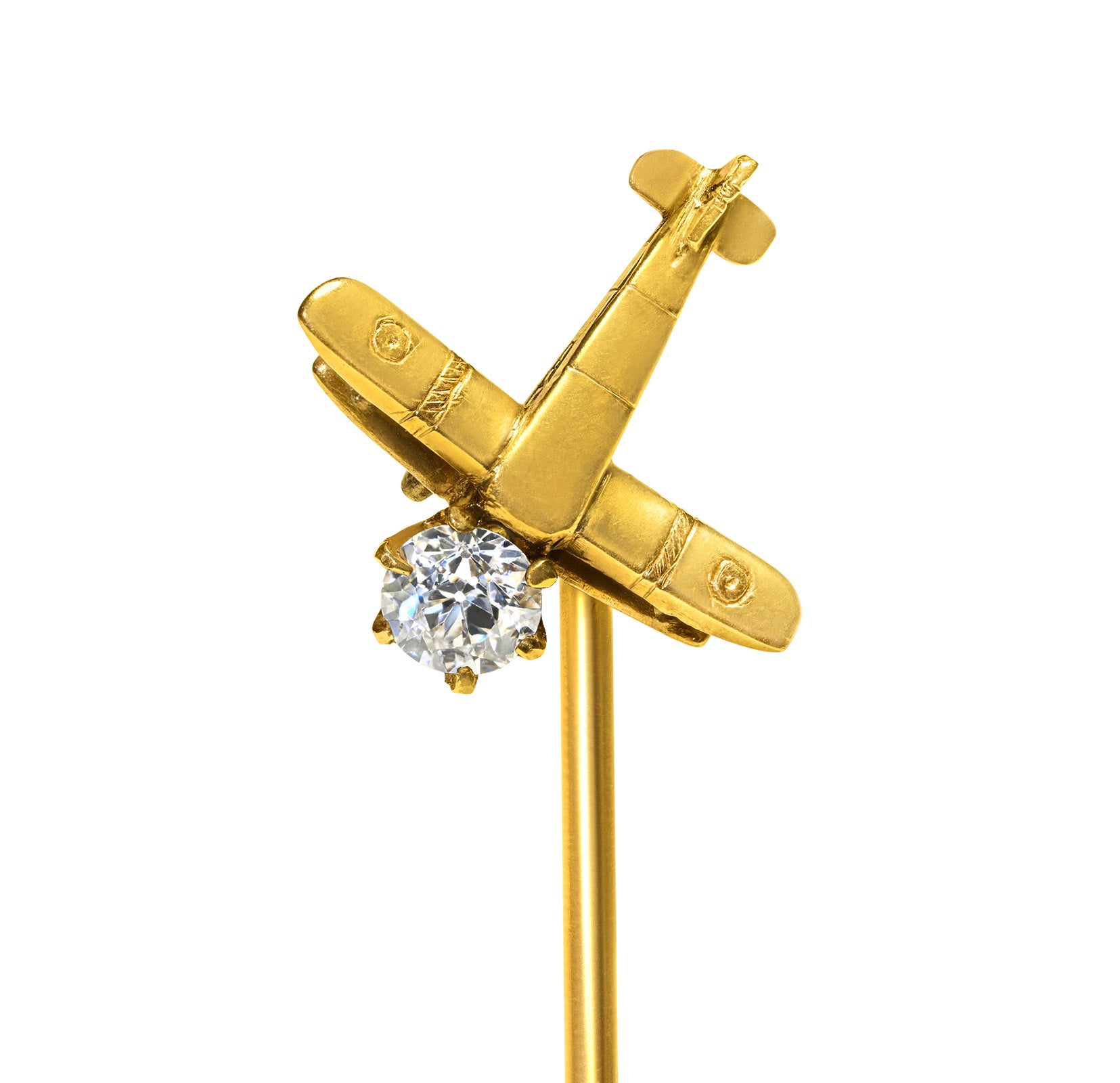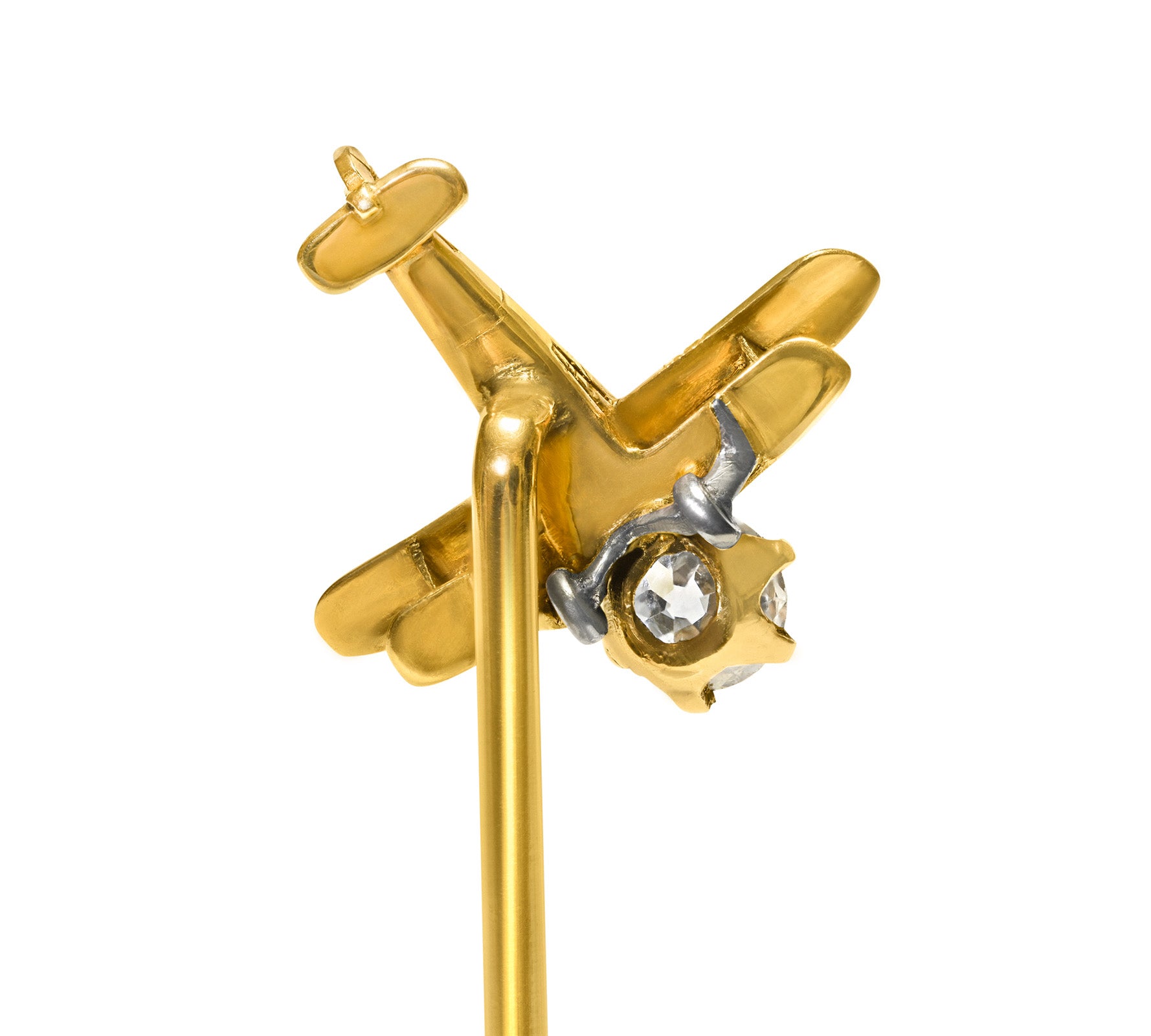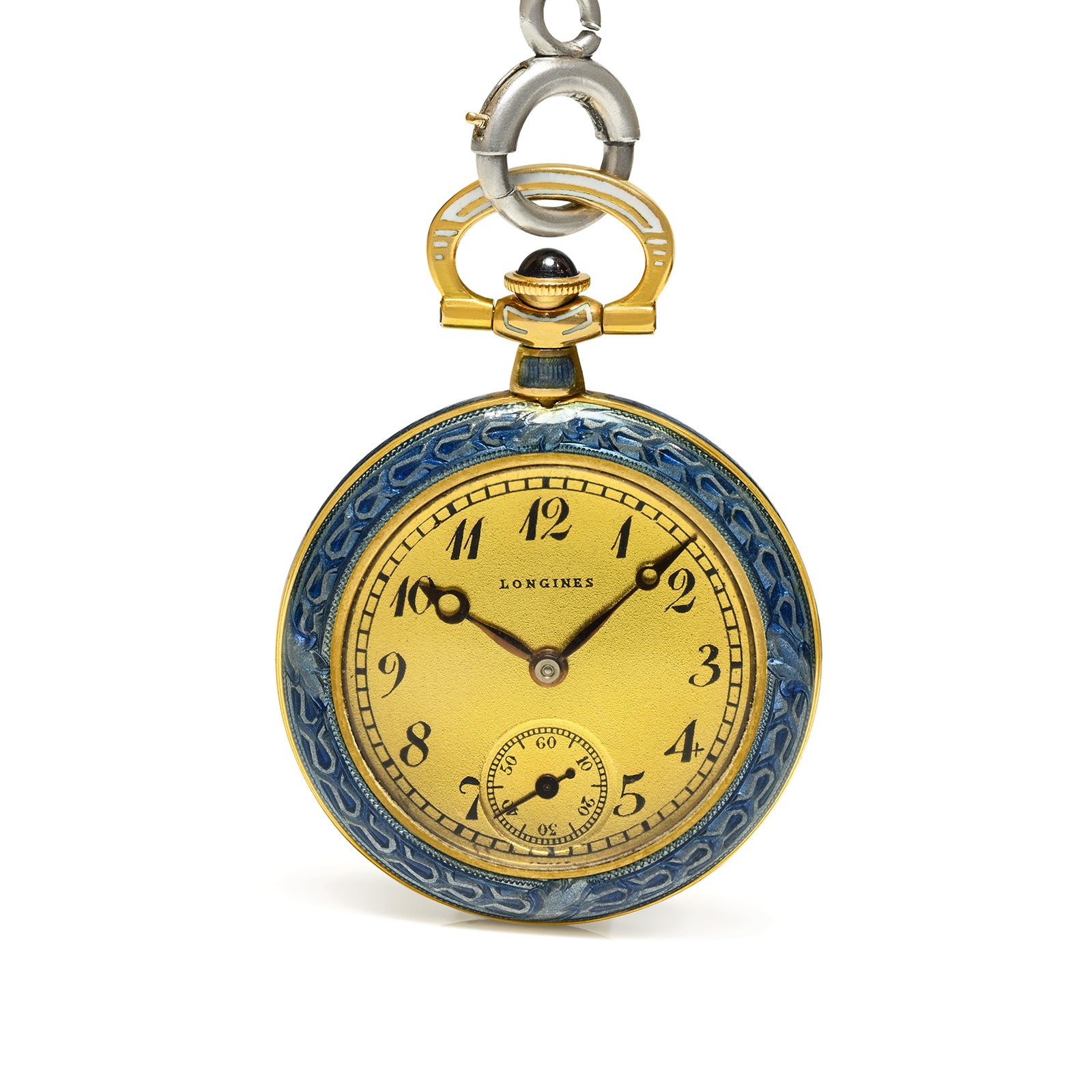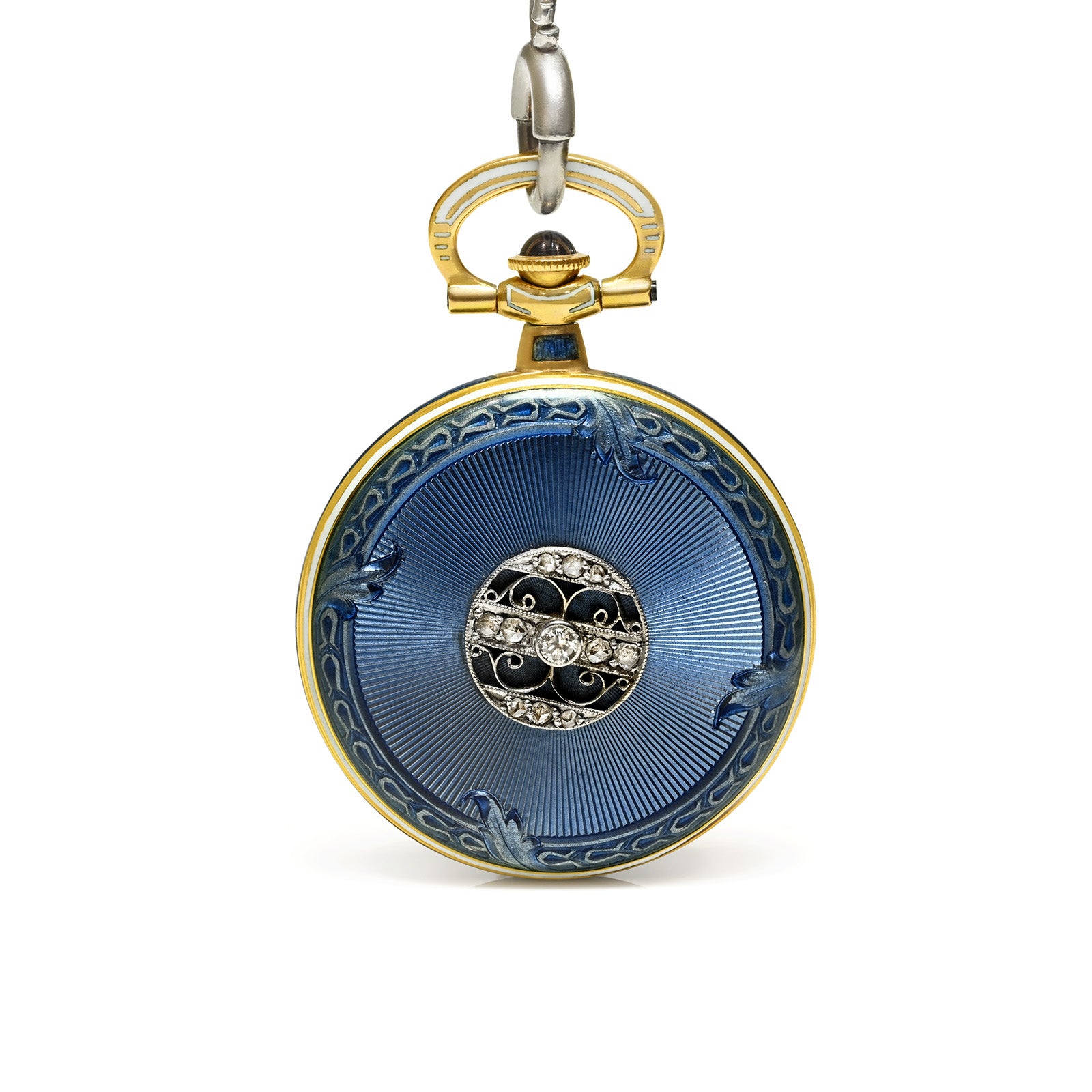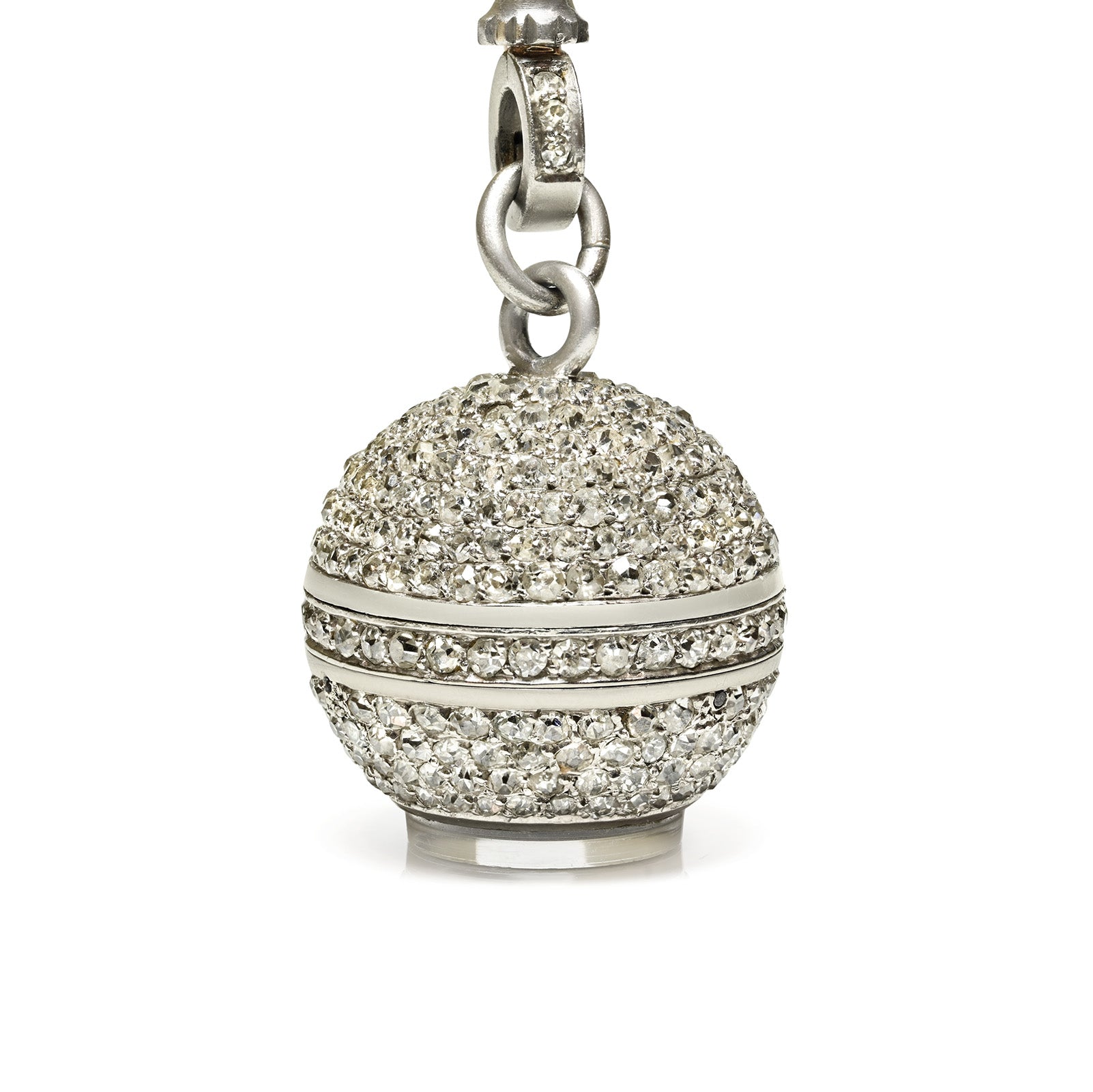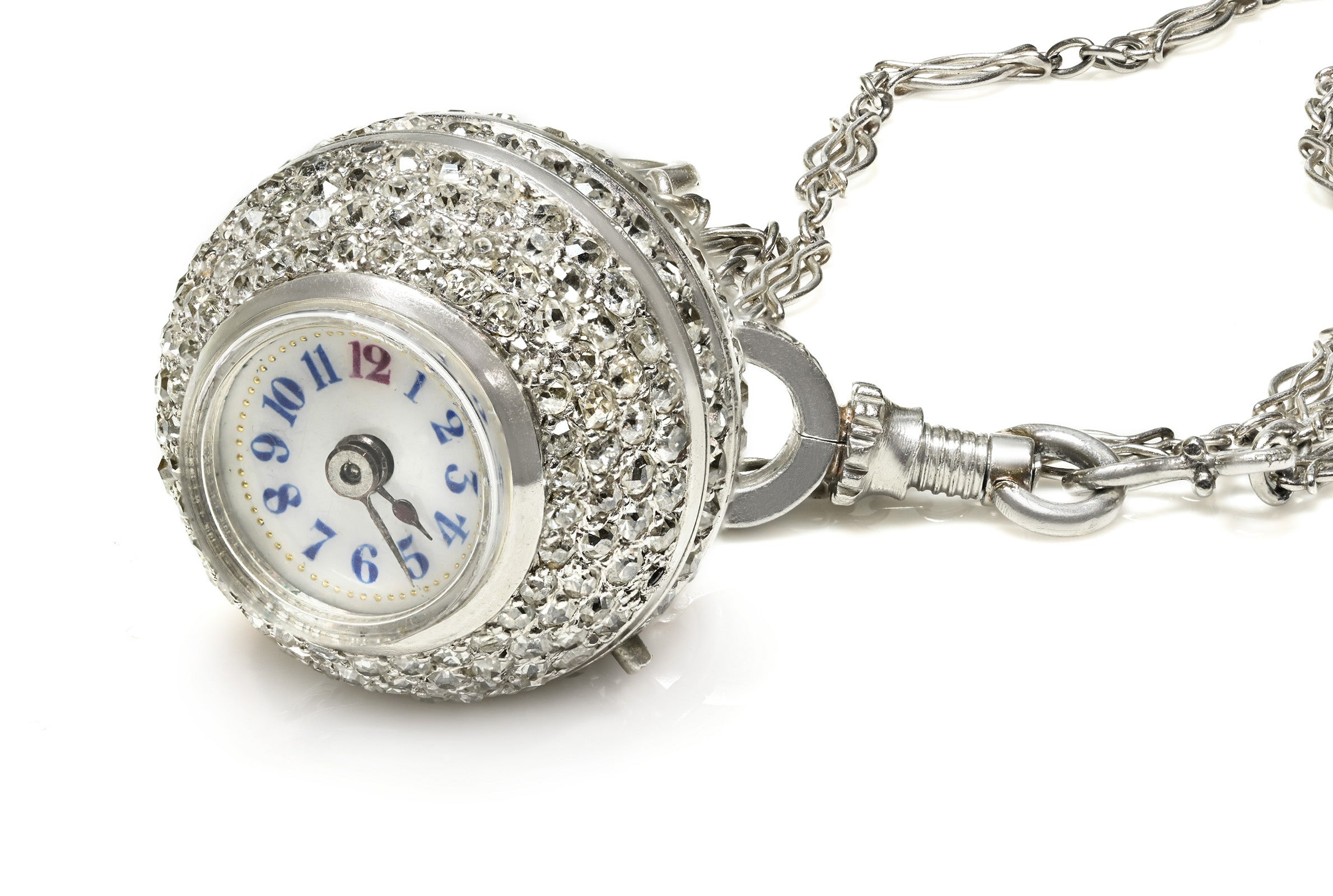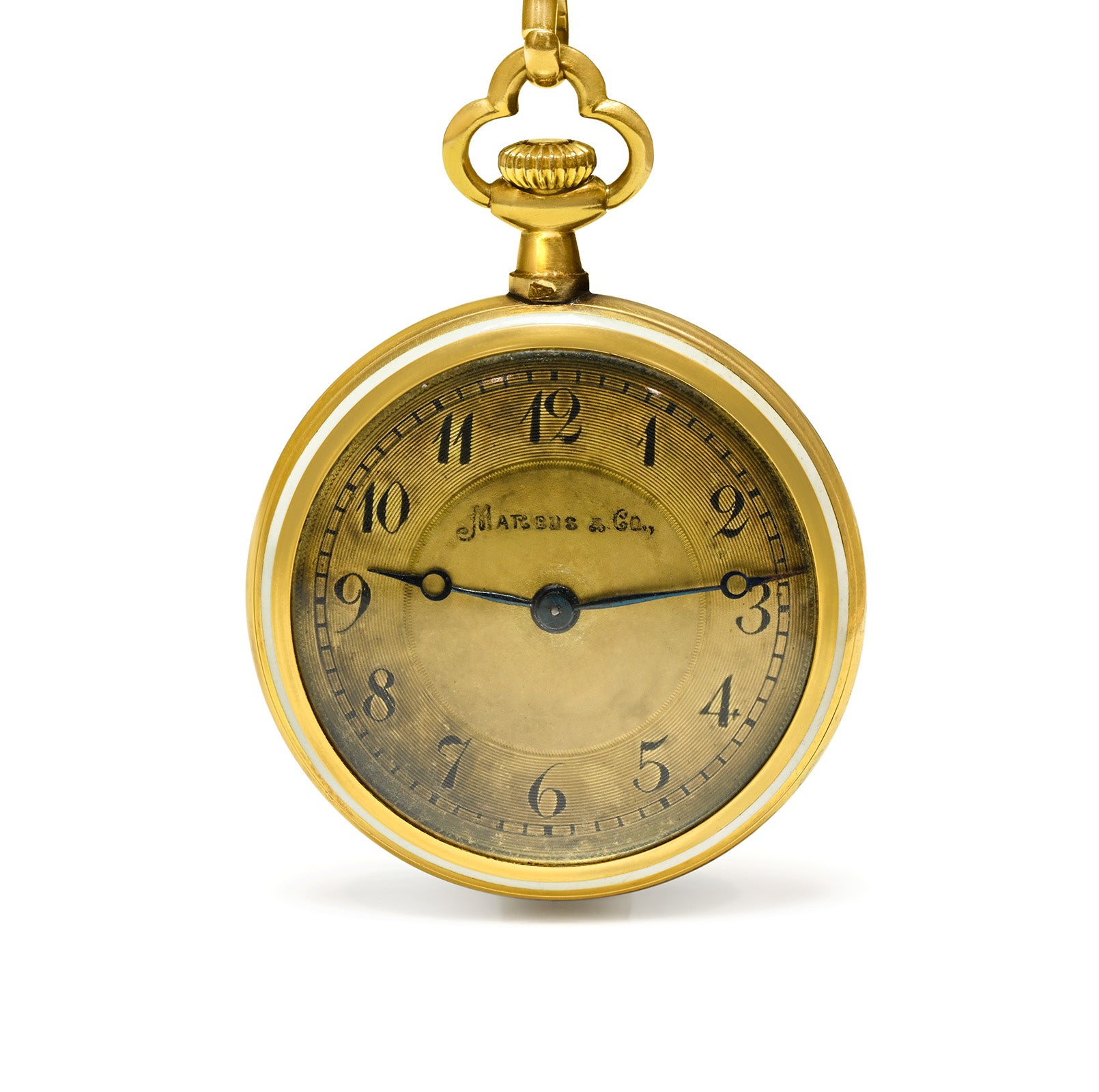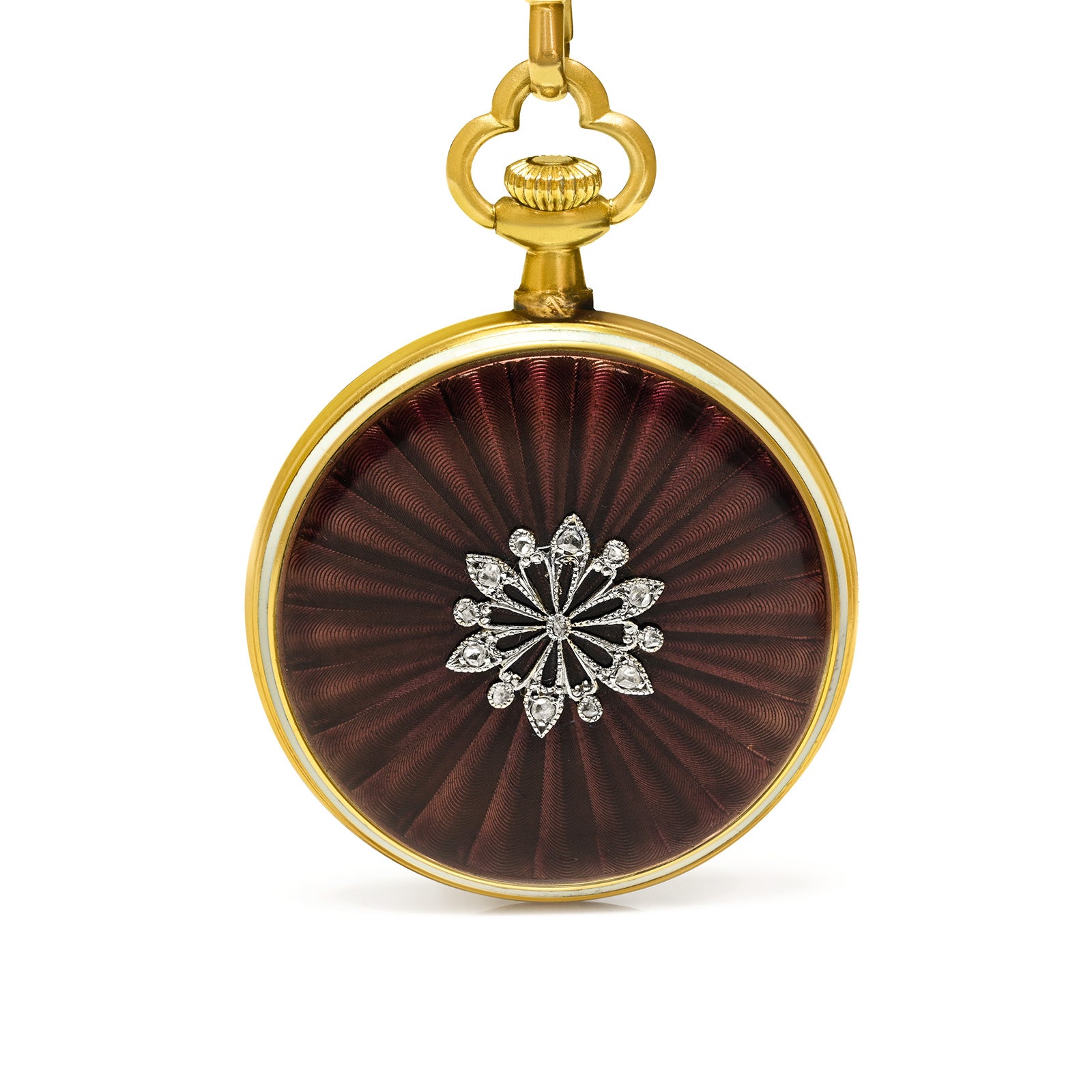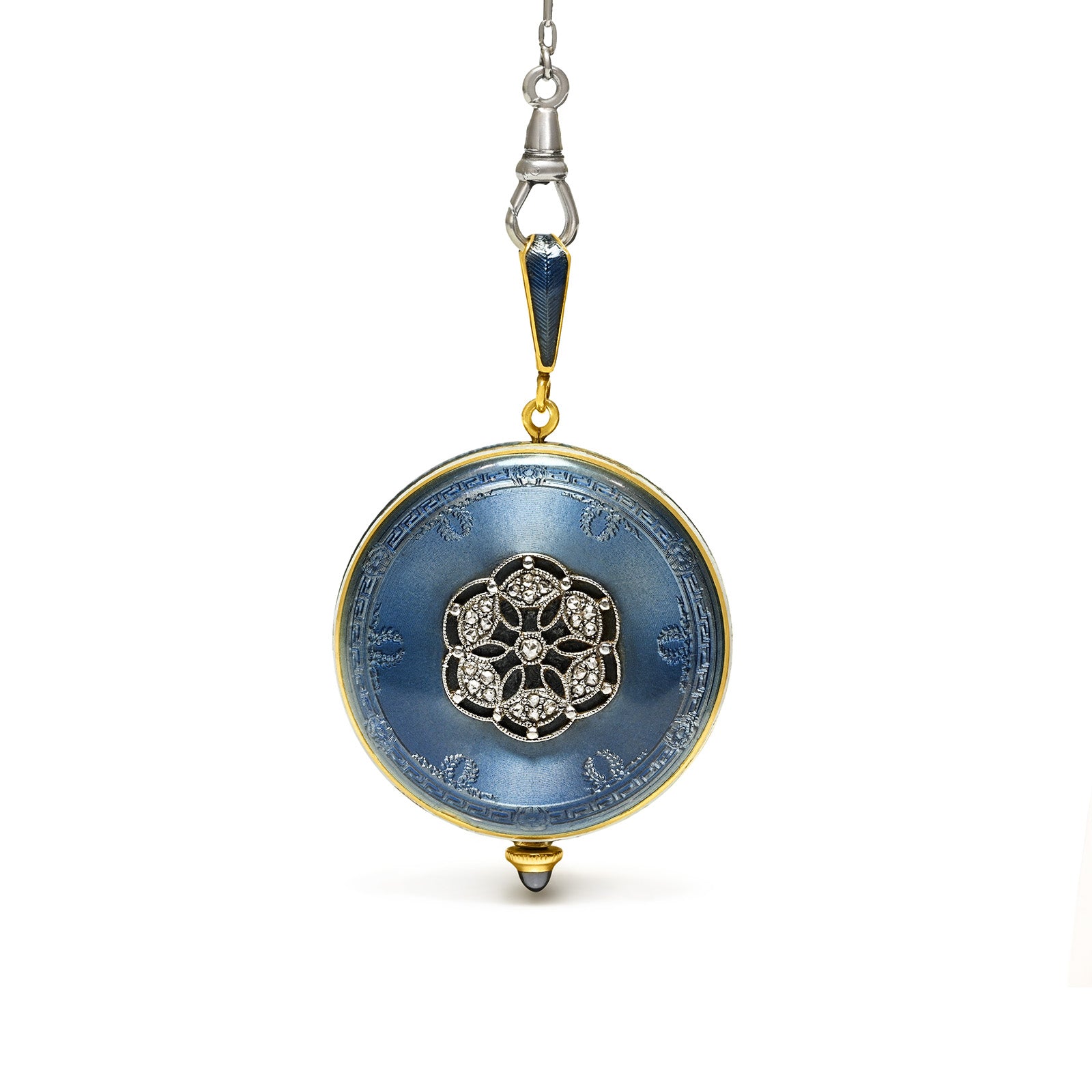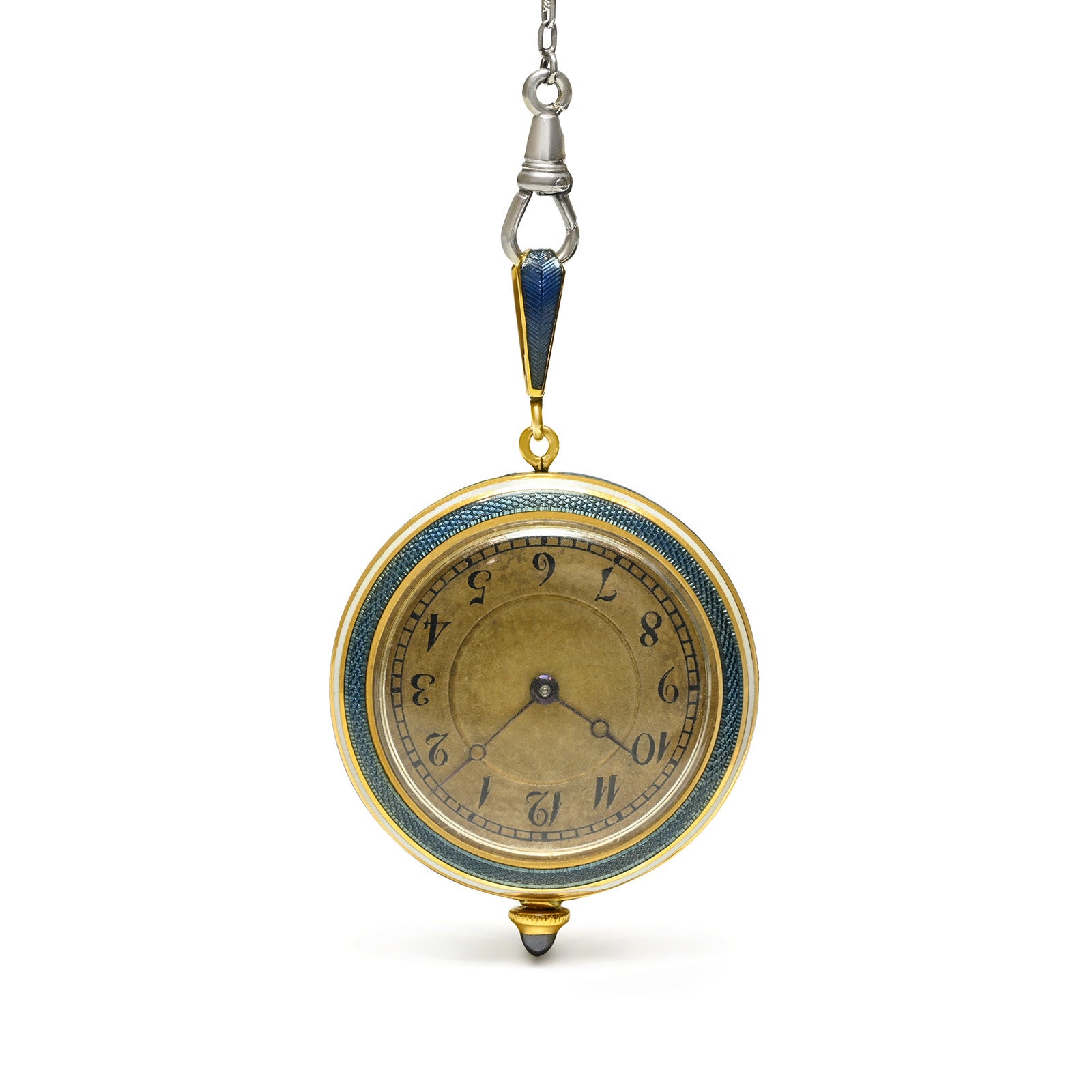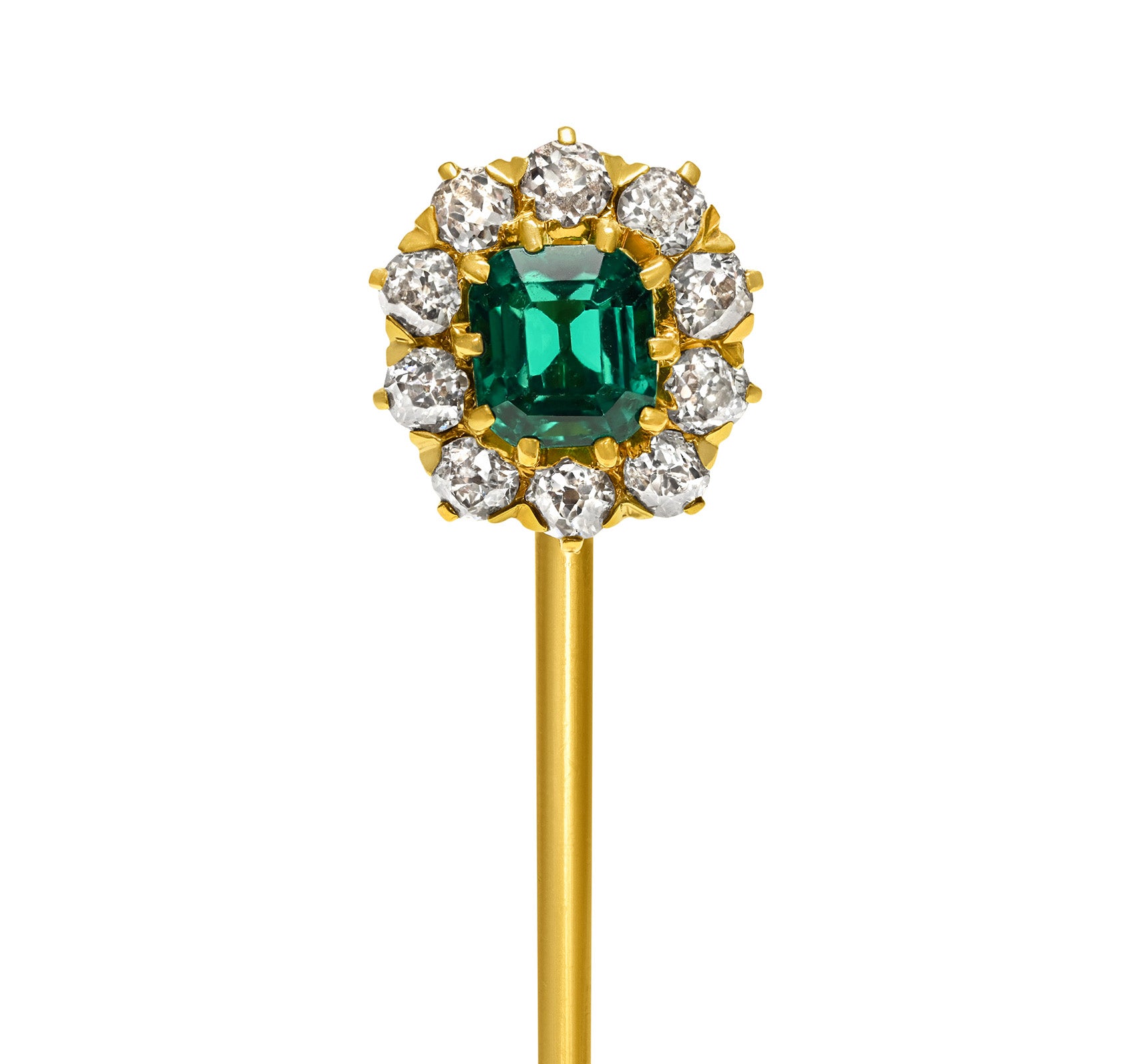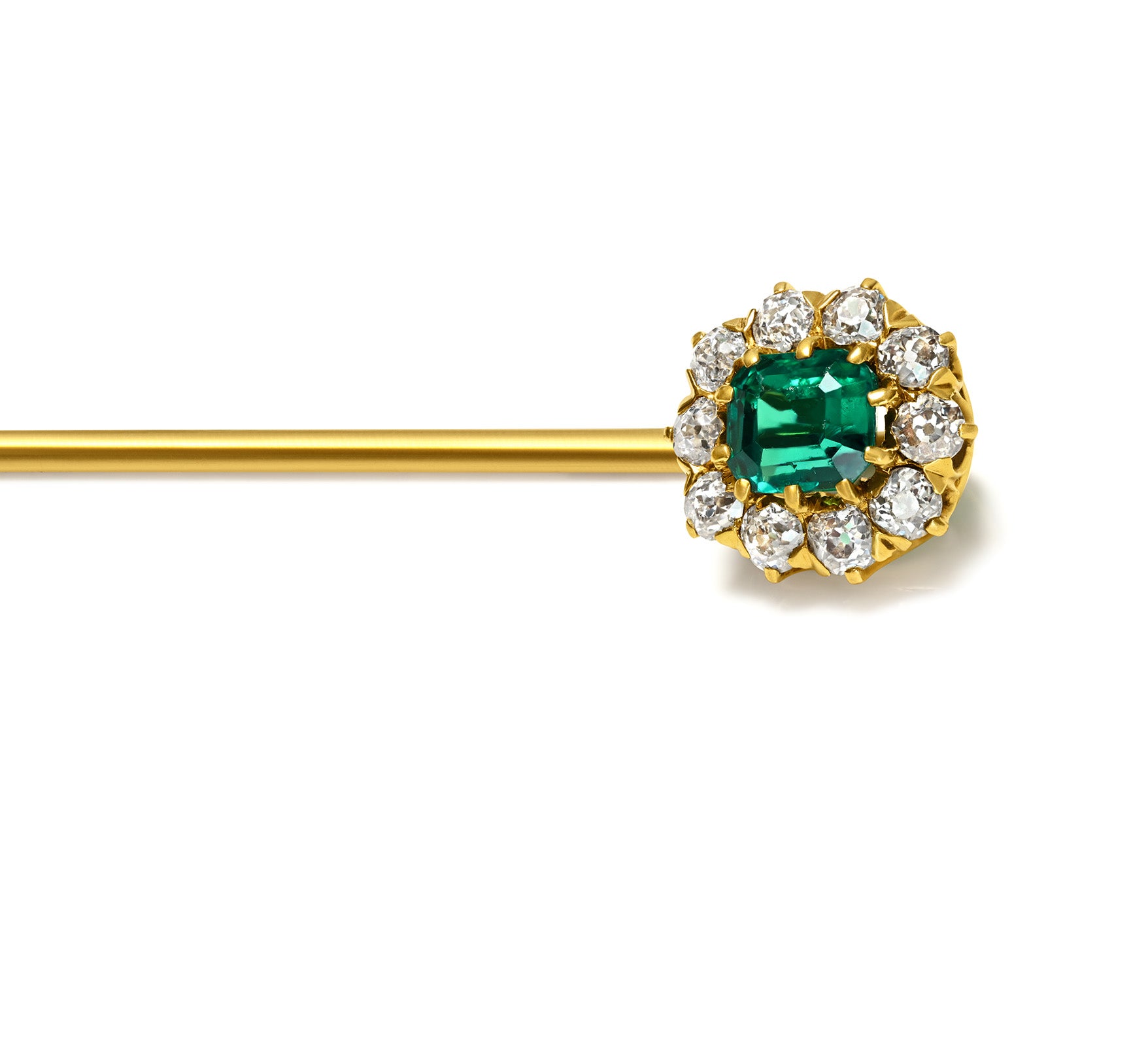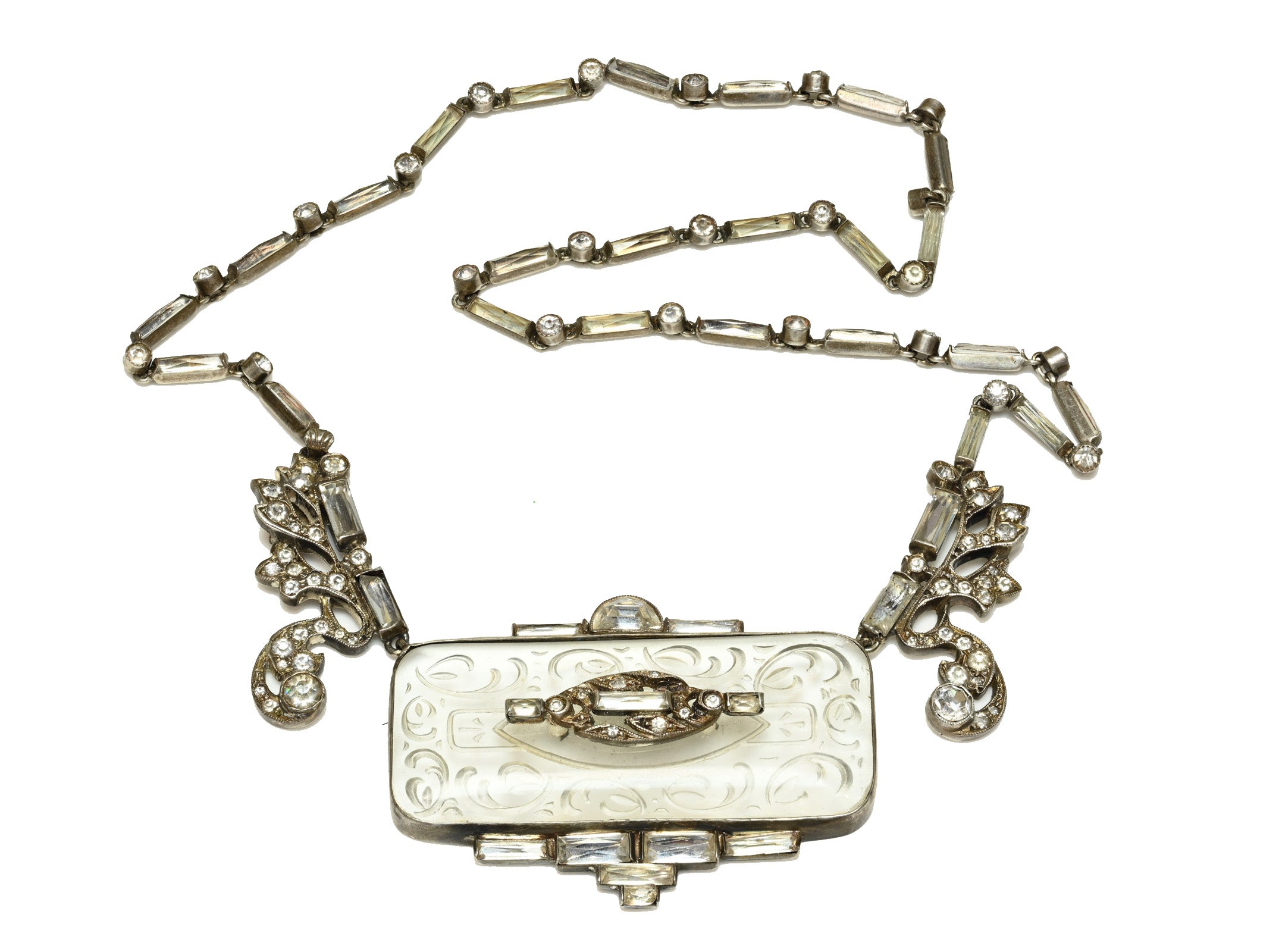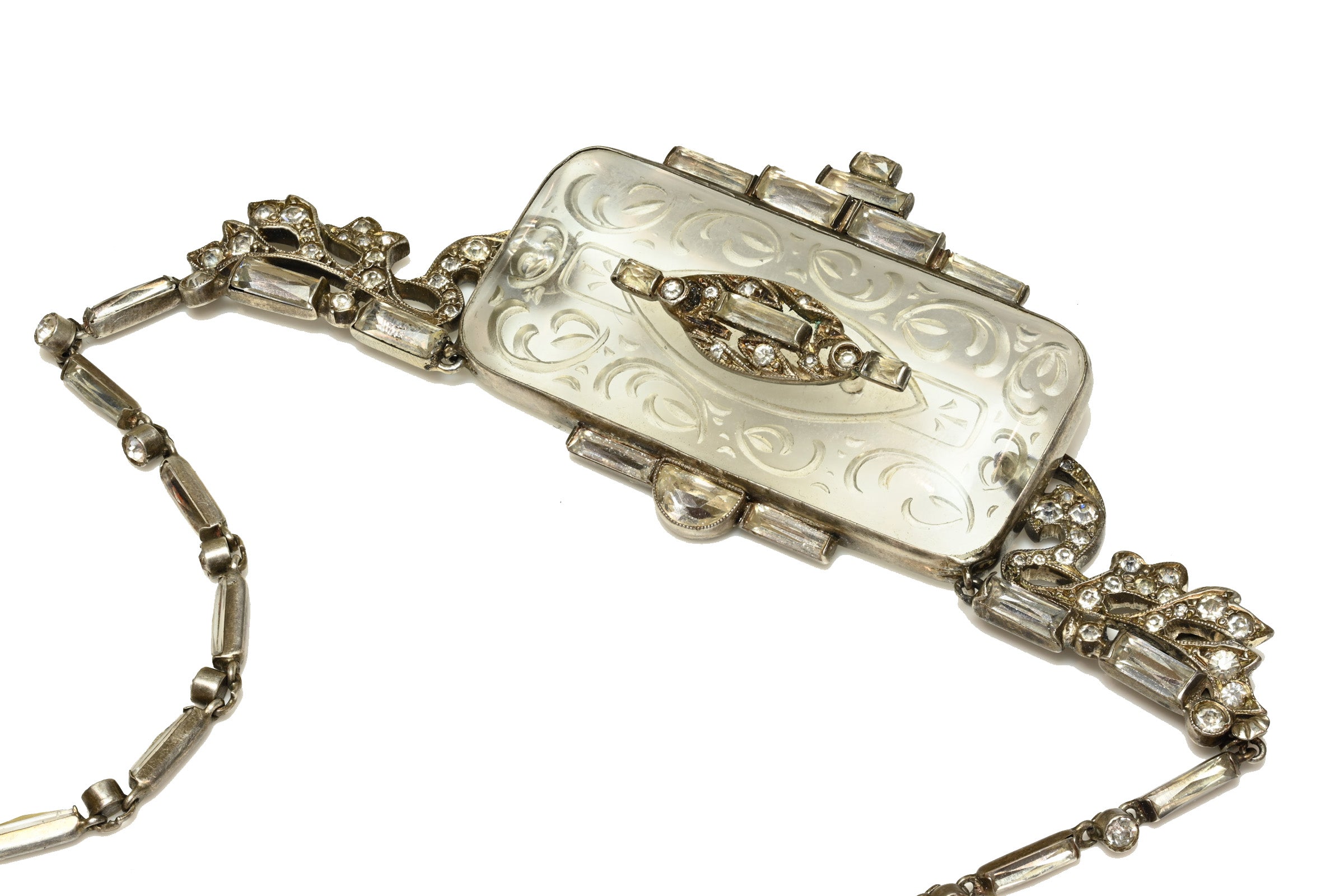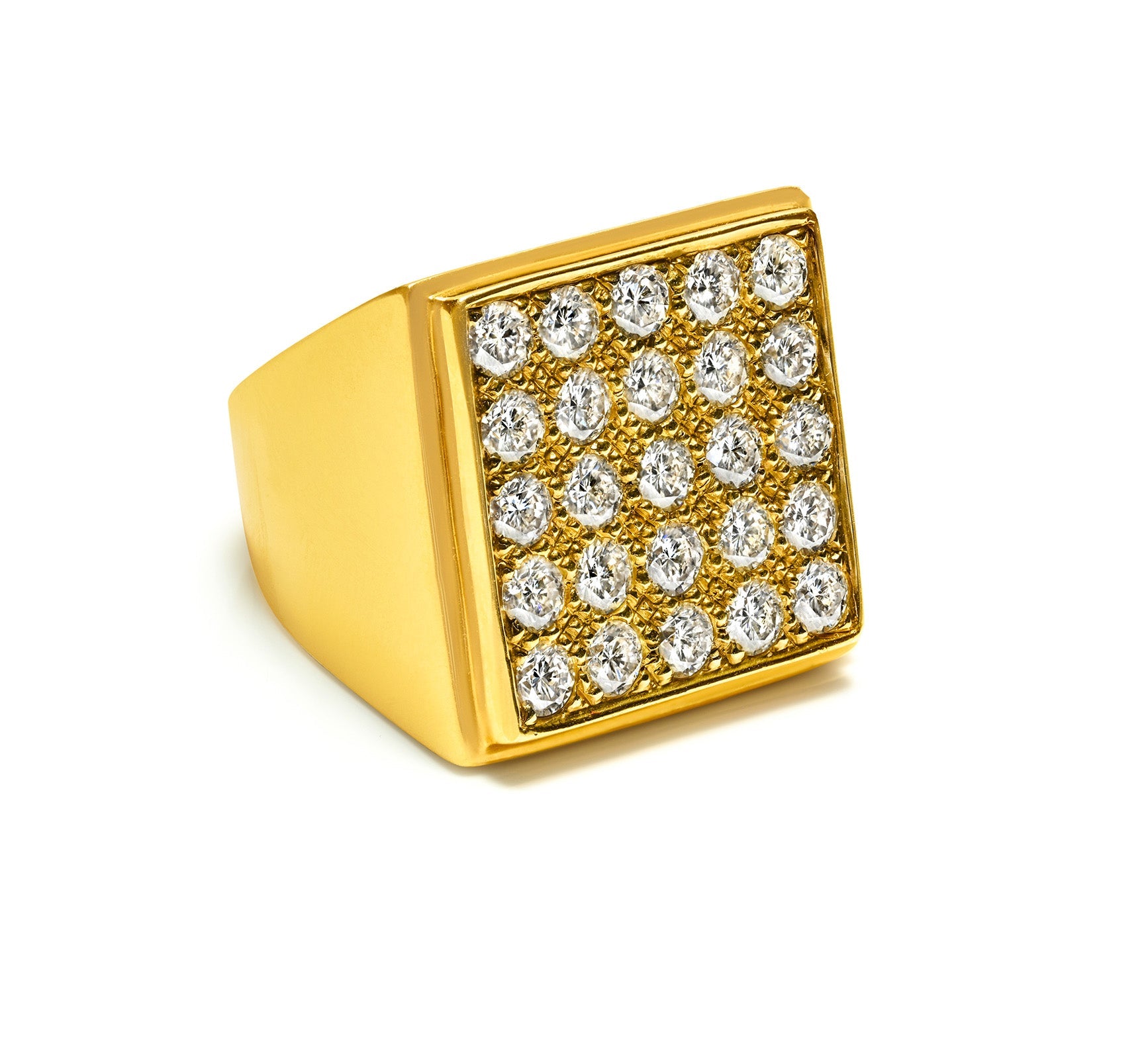
The G7 Nations Want To Ban Russian Diamonds On Their Markets
The G7 nations launched, on Friday (27 February) a process to ban Russian diamonds on their markets, reports Le Soir.
The decision was taken at a virtual summit under the Japanese presidency.
Together, the US, UK, Germany, France, Italy, Japan, and Canada - the G7 member states - account for 70% of the world diamond market.
In the wake of Vladimir Putin's invasion of Ukraine on 24 February last year, Belgium has been pushing for such a decision since last summer, said Prime Minister Alexander De Croo's office.
Russian Diamonds To Be Banned In The G7 Nations
The agreement concerns rough and polished diamonds, according to the statement issued after the summit.
In addition to shopping centers, the agreement also covers retail markets.
Consultations are currently taking place with industry representatives and third countries. In principle, the final outcome of the G7 initiative will be agreed upon in one of the next sanctions packages, but as a G7 concept, not as a purely European type of sanction.
For the De Croo administration, this approach has the potential to lead to a new global standard in the long term and to reorganize the world diamond market between tracked and untracked diamonds.
Nonetheless, some experts say that the policies would have little effect. Russian diamond shipments to Antwerp have already decreased as a result of American consumer choices and the inability of raw purchasers to make payments, rendering quotas useless.
Critics assert that even without a global strategy, Russia might still access the market through other means.
Will The Plan To Ban Russian Diamonds Be Effective?
Imports of nonindustrial Russian diamonds to Belgium have fallen by around 80% since July 2022, according to estimates from EU insiders.
"If they are thinking about a quota [of] 30% of the trade in Russian diamonds compared to the beginning of that war, it’s more or less nothing, since the trade already dropped hugely," Kathleen Van Brempt, a Belgian member of the European Parliament and a supporter of full sanctions, told Rapaport News.
This decline is because of the US’s partial ban as well as retailers’ and shoppers’ unofficial boycotts.
"Most consumers, if they would know they were wearing Russian diamonds, would not want to make that sort of investment," said the politician, who represents the social-democratic Vooruit (Forward) party and lives in Antwerp.
Past attempts by the EU to impose sanctions on Russian diamonds have been met with opposition from importer countries like Belgium, which claim that the effort would be pointless since transactions would just move elsewhere in the absence of a system to track precious stones.
When a diamond receives a certificate under the Kimberley Process, which was created to stop the sale of so-called blood diamonds that funded conflicts, its provenance is made explicit at the beginning of the supply chain. Yet after that, it could be challenging to find them.
The original certificate will be replaced with "mixed origin" paperwork at trading houses, where cut and polished stones are frequently mixed, making it nearly difficult to determine where Russian diamonds are ultimately sold.
